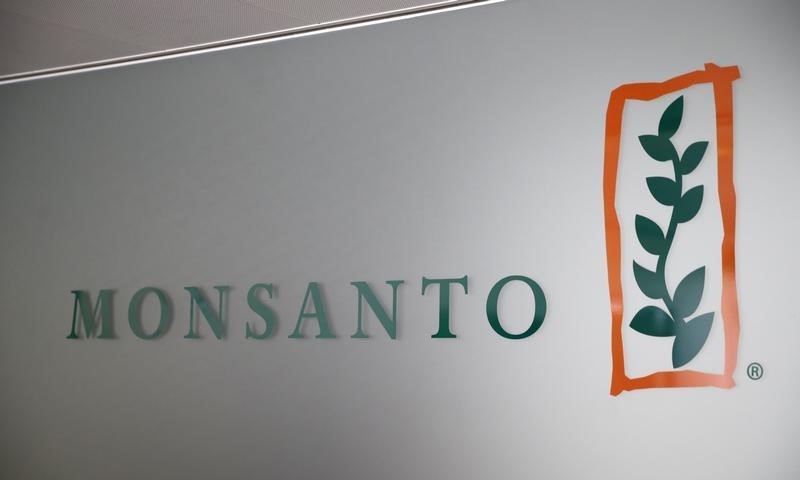FRANKFURT AM MAIN, May 21 — German chemicals and pharmaceuticals giant Bayer said today that US seeds and pesticides maker Monsanto, which it bought last year, kept lists of key pro- or anti-pesticides figures in at least seven EU countries.
On behalf of Monsanto, PR agency FleishmanHillard “drew up lists of stakeholders in France, Germany, Italy, Netherlands, Poland, Spain and United Kingdom, as well as regarding stakeholders related to EU institutions,” Bayer said in a statement.
The group had promised transparency over the lists earlier this month, after a French television channel revealed the existence in France of files on prominent backers and opponents of pesticides and genetically modified crops.
“The lists primarily include journalists, politicians and other interest groups,” Bayer said.
Elected officials and media in France and beyond immediately cried foul over the affair, prompting Bayer to apologise.
The Leverkusen-based group said today it had hired law firm Sidley Austin to investigate the lists and to determine whether they extended to other countries.
Its lawyers will also contact the individuals named to inform them what data FleishmanHillard collected on them, Bayer said, starting “no later than” May 31.
Meanwhile, Bayer added it “decided with the agency to end the collaboration in the areas of communication and public affairs for the time being”.
In other areas, the company “is examining the contractual options for a possible exit as soon as possible”, but not in the case of marketing projects, which would be upheld.
AFP has filed a complaint with a French regulatory body, the Commission Nationale Informatique et Libertes, because some of its journalists were on the list.
Bayer’s takeover of Monsanto, one of the largest in German corporate history with a US$63-billion price tag, has proved to be a millstone around the company’s neck.
The combined group now faces more than 13,000 lawsuits from plaintiffs alleging their illnesses, including many cancers, had been caused by flagship Monsanto weedkiller Roundup, based on the chemical glyphosate.
Three juries have so far ordered Monsanto to pay sufferers massive fines, with the latest award for US$2 billion to a couple in California.
Bayer is appealing the cases and stands by its position that “regulatory authorities around the world consider glyphosate-based herbicides as safe when used as directed”. — AFP






















